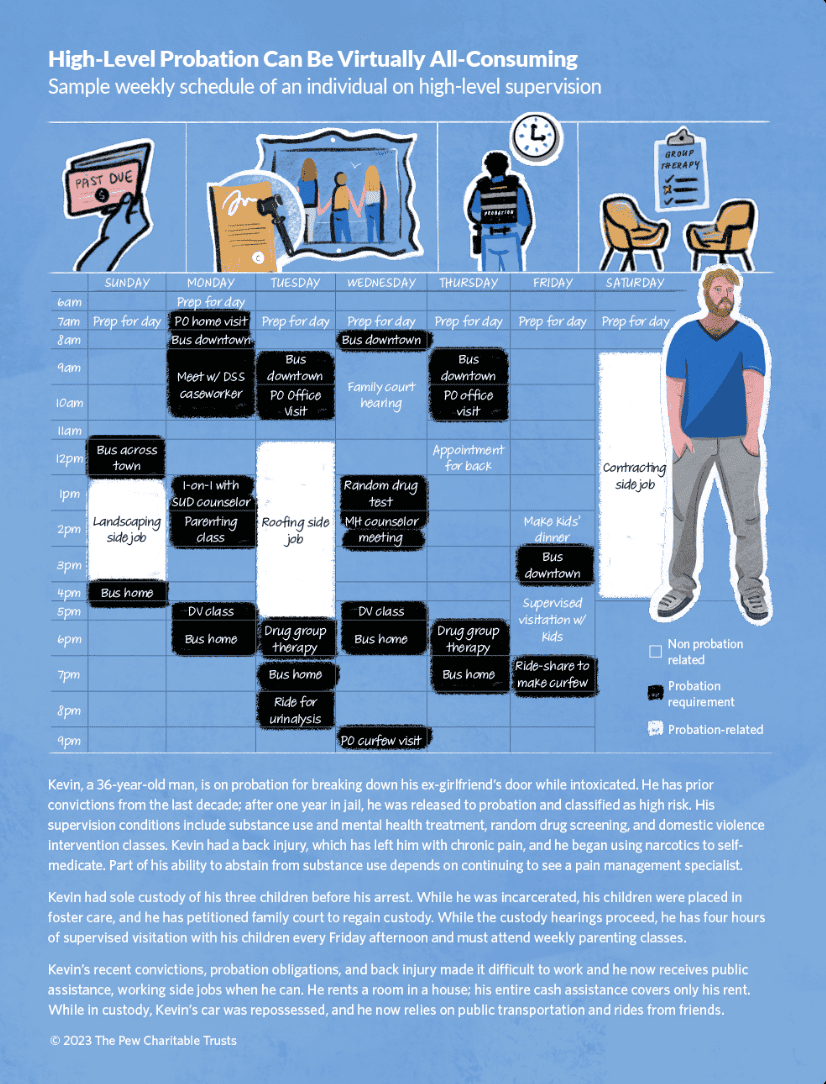
Conditional Discharge Canada
Explaining Conditional Discharge in Canada: Legal Implications and Eligibility Criteria
A Conditional Discharge in Canada is a sentencing option that allows a person to be found guilty of a criminal offense without receiving a permanent criminal record, provided they comply with court-imposed conditions for a specified period, typically up to three years. This type of sentence is designed to balance the interests of justice with the rehabilitation of the offender, particularly for minor offenses where a full conviction may be deemed unnecessarily harsh.
Legal Test for Conditional Discharge

The legal test for a conditional discharge in Canada is outlined in Section 730(1) of the Criminal Code. A court may grant a conditional discharge if it determines that:
- It is in the best interests of the accused
- It is not contrary to the public interest
- The offense does not have a minimum prescribed punishment
- The offense is not punishable by imprisonment for 14 years or life1
The court must carefully weigh these factors, considering the nature and severity of the offense, the offender’s criminal history, and the likelihood of reoffending2. While a conditional discharge is often in the accused’s best interest due to the avoidance of a permanent criminal record, judges must balance this against public safety concerns and the impact on victims when making their decision12.
Probation Conditions and Requirements

Probation conditions in Canada are typically imposed to ensure accountability and rehabilitation. Requirements such as keeping the peace, attending court as required, and notifying authorities of changes in address or employment are commonly included12.
Additional Conditions
Depending on the case, the following conditions may also be included:
- Abstinence from alcohol or drugs may be required (13).
- Attendance in counseling or rehabilitation programs is often mandated.
- Community service of up to 240 hours over 18 months may be ordered.
- Avoidance of contact with specific individuals or locations may be enforced.
- The possession or carrying of weapons is strictly prohibited (13).
Supervision and Compliance
Offenders placed on probation are supervised by probation officers. Their compliance with conditions is closely monitored, and any violations are reported to authorities. As a result, criminal charges may be filed if probation terms are breached.
Length of Probation
The duration of probation is determined by the courts. It is generally set between one and three years, based on the seriousness of the offense and judicial discretion (45).

Impact on Employment Opportunities
A conditional discharge can have both short-term and long-term effects on employment opportunities in Canada. During the probation period, individuals may face challenges in securing certain jobs, particularly those requiring background checks1. However, the impact is generally less severe than a full conviction:
- Temporary disclosure: The conditional discharge appears on criminal record checks for up to 3 years, after which it is automatically removed1.
- Sector-specific restrictions: Jobs involving children or vulnerable populations may be affected, even with a conditional discharge1.
- Gig economy opportunities: Some platform-based work may be more accessible, as these employers often focus on criminal records rather than employment history2.
- Rehabilitation focus: Employers may view conditional discharges more favorably than convictions, especially if the individual demonstrates rehabilitation efforts3.
